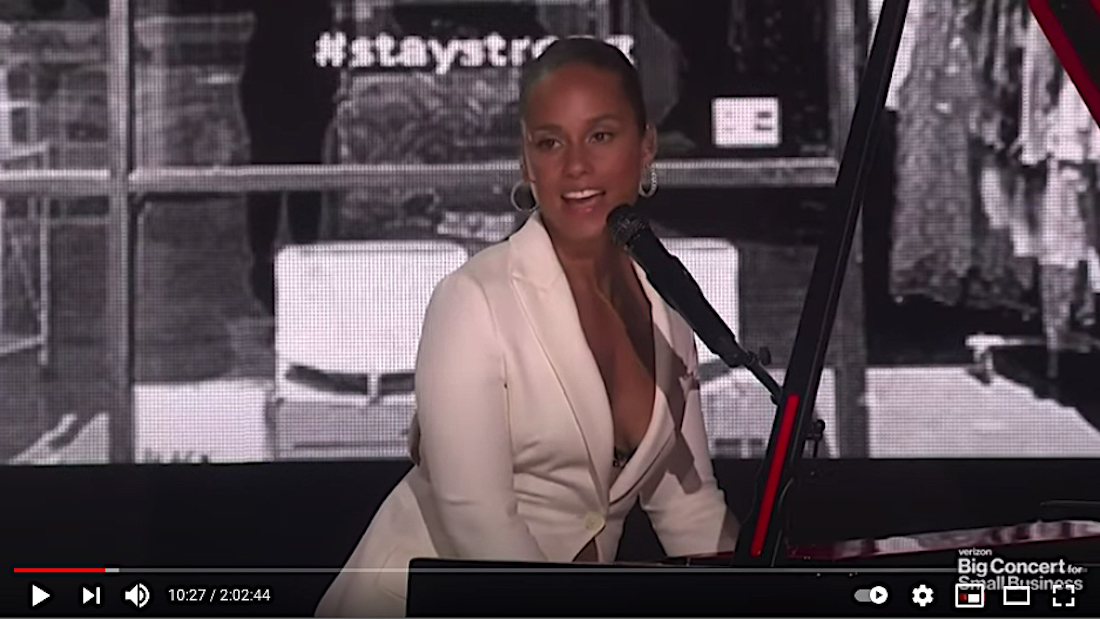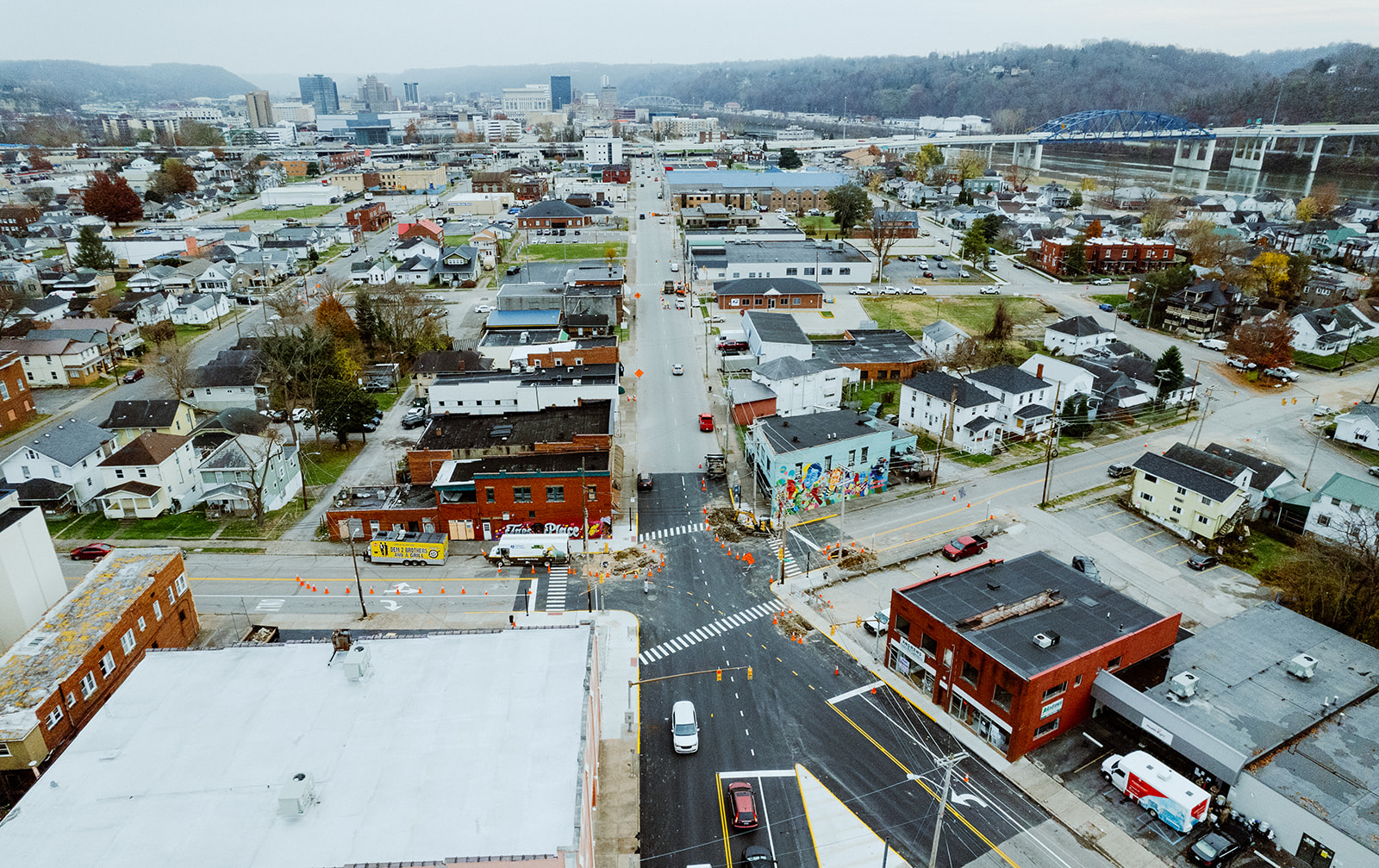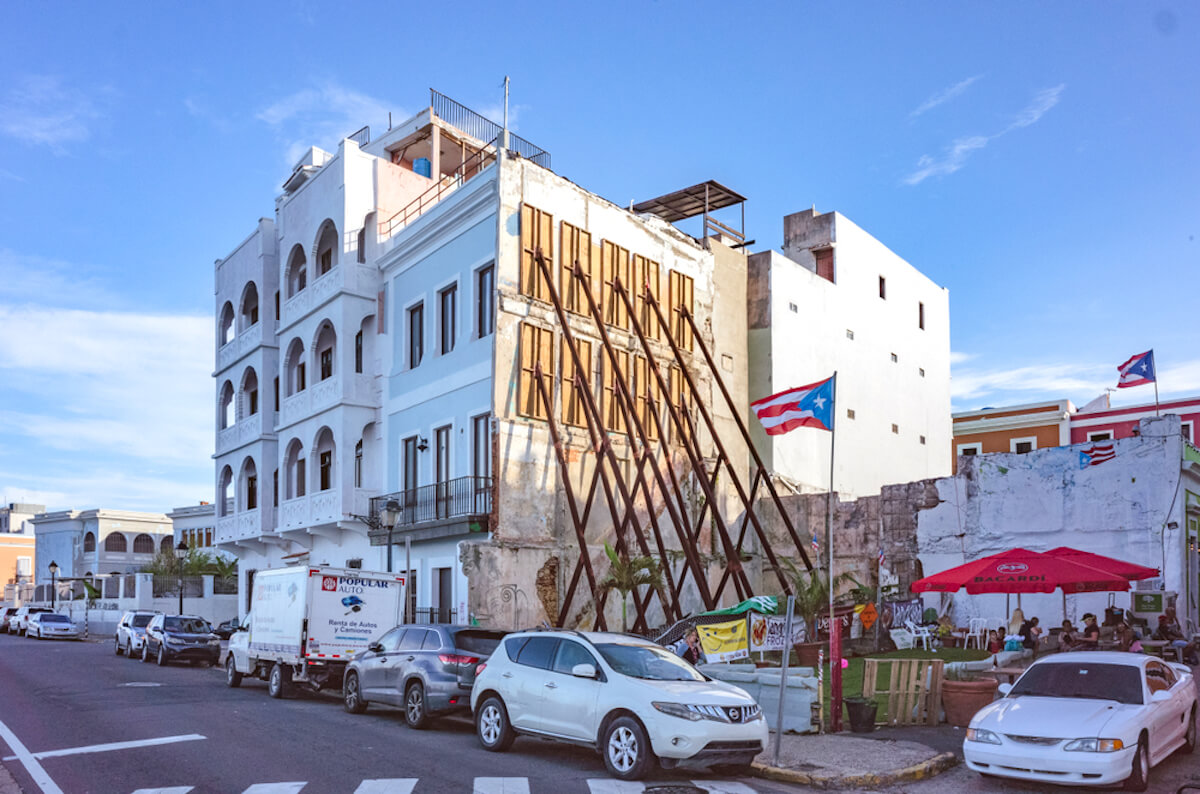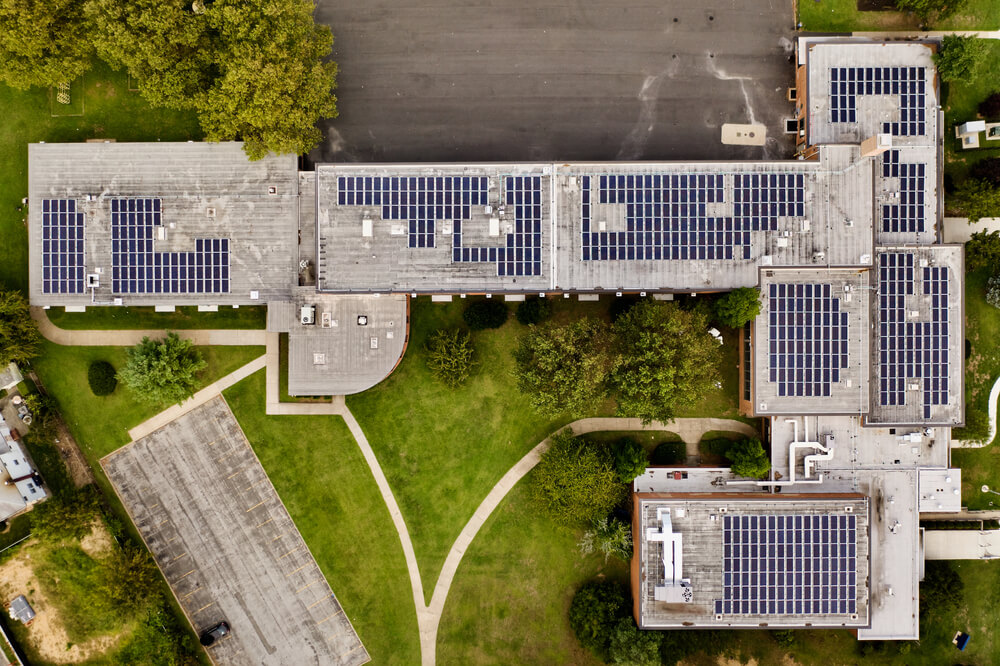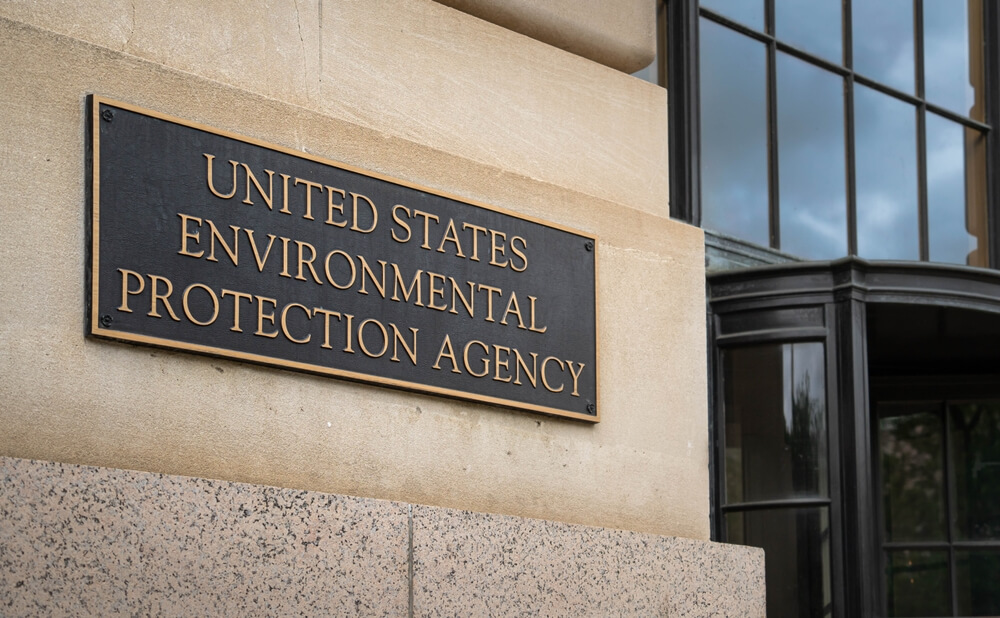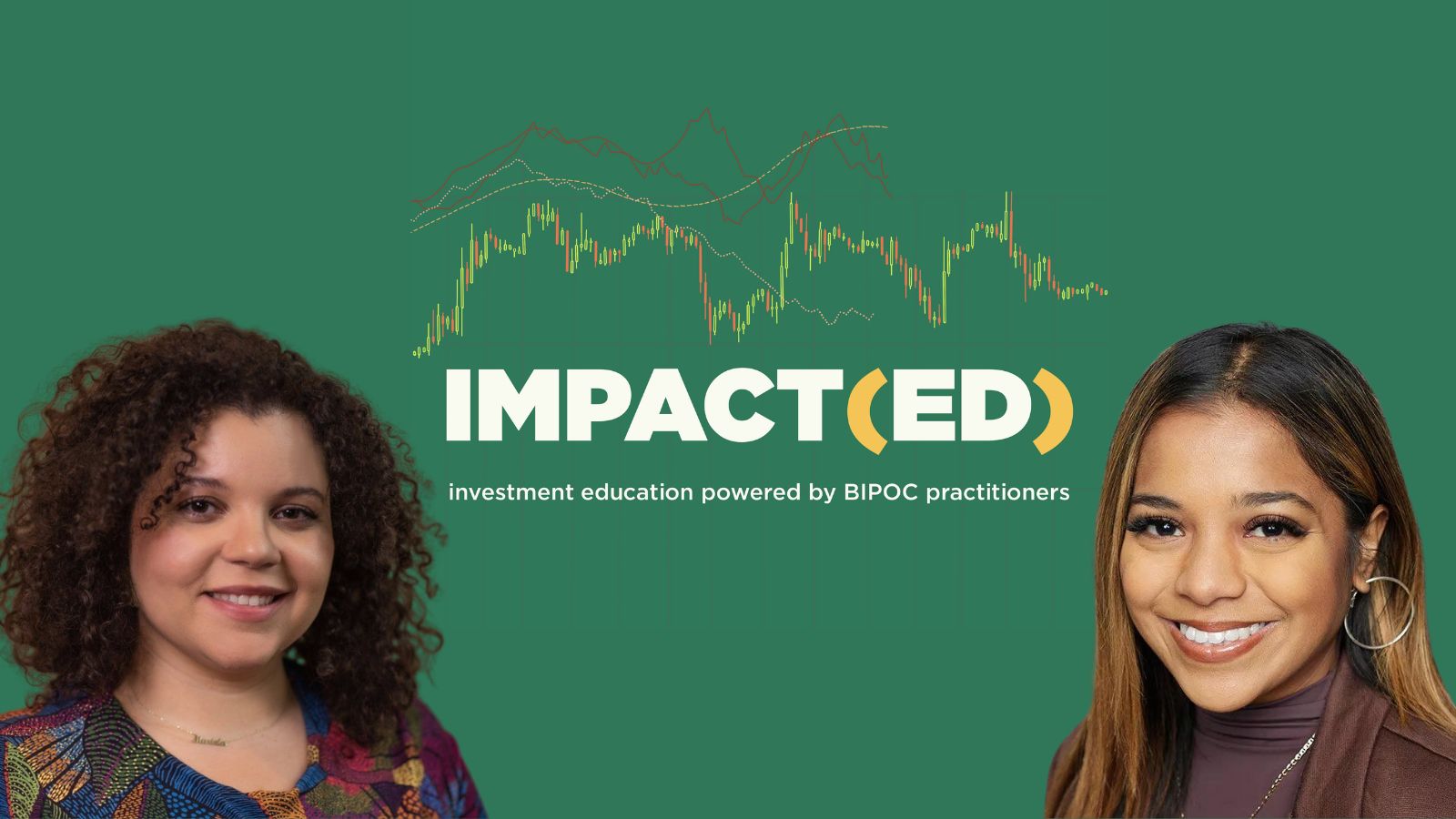ImpactAlpha, Feb. 9 – Small businesses got a boost from Alicia Keys’ post-Super Bowl concert, sponsored by Verizon, which committed $10 million in small business grants to be distributed through the Local Initiatives Support Corp.
The concert put a rare national spotlight on the country’s most underserved businesses and financial institutions that step in where banks are absent. A few years ago, such attention “would not have even been on our imaginary board of what could be,” said LISC’s Beth Marcus.
Today, Goldman Sachs is putting $130 million into Hope Enterprise’s Deep South Economic Mobility Collaborative to provide funding and resources to small businesses in regions hard hit by the pandemic.
Star power. Verizon’s livestreamed Big Concert for Small Business also featured Miley Cyrus, Christina Aguilera, Brittany Howard and other big names.
“Small businesses are so important and we need to do whatever we can to keep them alive; our communities can’t recover without them,” said Keys, who in October launched a $1 billion campaign to support and empower Black businesses, schools and communities. The NFL was among the fund’s first backers.
Community anchors. Hope, a Jackson, Miss.-based community development financial institution, or CDFI, is partnering with eight historically Black colleges and universities and seven southern cities to offer technical assistance and loans, initially through the federal Paycheck Protection Program, which offers forgivable loans to small businesses.
“It is critical that these businesses are supported, because they are anchors in communities of color, and so are our historically black colleges and universities,” Hope’s Bill Bynum told ImpactAlpha. Goldman Sachs’ 10,000 Small Businesses will also make its course offerings available to participating businesses.
Southern roots. Four out of ten Black-owned businesses in the U.S. have permanently closed since February. The Deep South collaborative brings together partners that have worked with Hope into a coordinated effort.
Participating cities are Birmingham, Montgomery, Little Rock, Baton Rouge, New Orleans and Memphis, along with Jackson. Hope’s partners among historically Black colleges include include Alabama State University, Southern University, Xavier University, Jackson State University and Tougaloo College.
The initiative, said Bynum, will help small businesses stay afloat during the ongoing pandemic and position them to grow as the economy recovers, including “partnering with the cities on procurement opportunities as infrastructure financing and projects come back online and supporting the residents in these neighborhoods in a way that no other businesses are as likely to do.”

